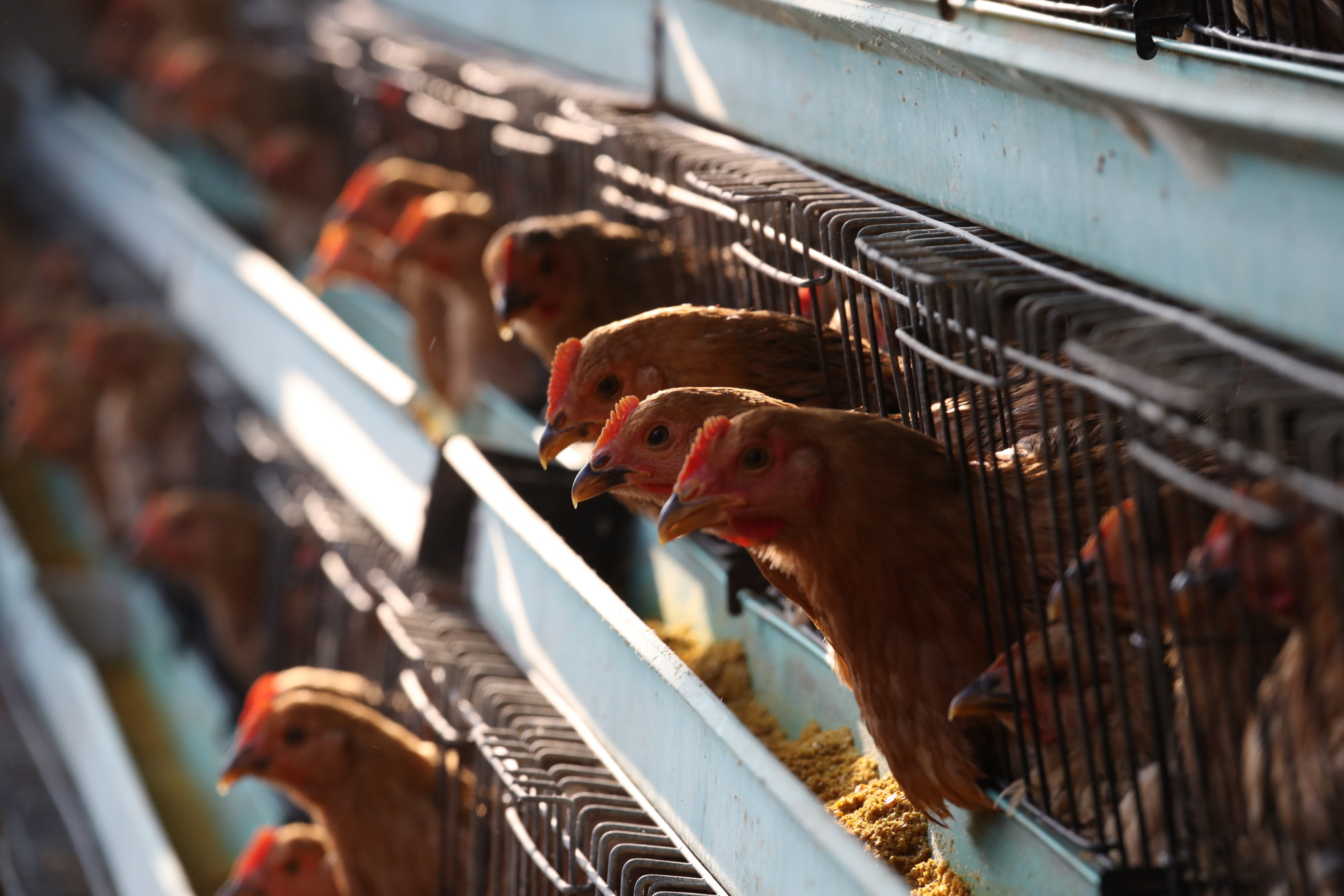
I received death threats 3 times in 26 years, top Hong Kong microbiologist Yuen Kwok-yung says, calls for vigilance against future pandemics
- Government pandemic adviser Professor Yuen Kwok-yung says he received threats after repeatedly calling for ban on sale of live animals at wet markets
- World could pay ‘hefty price’ if it lets guard down against future pandemic, he warns
A top Hong Kong microbiologist has revealed he received death threats three times over the past 26 years while studying outbreaks in the city and mainland China, also warning the world would pay a “hefty price” if it failed to prepare for other pandemics.
Professor Yuen Kwok-yung, chair of infectious diseases at the University of Hong Kong, on Thursday said he had received the messages after repeatedly calling for a ban on the sale of live animals at wet markets.
A government spokesman on Friday said the authorities were “highly concerned” about the incident and had contacted the expert for follow-up to ensure members of the expert committee could carry out their duties safely.
“The government will strictly follow up on anyone who tries to use illegal means to affect experts,” he said.
‘Extremely rare’ case of bird flu in human detected in England
Yuen was first threatened in 1997, when experts discovered the H5N1 bird flu virus had spread to human beings, leading to an outbreak, the government pandemic adviser wrote in an article for a Chinese-language local newspaper.
“I proposed at that time that the sale of live poultry should be banned in wet markets. This affected the livelihoods of vendors and caused an uproar. It was the first time I felt my life was under threat,” he explained.
Eighteen people were infected during the outbreak in Hong Kong that year, six of whom died.
Experts later found the virus was directly transmitted to humans from chickens, prompting a citywide cull of more than 1.5 million poultry in December 1997. Hong Kong also temporarily suspended all such birds from the mainland.
According to Yuen, his life came under threat a second time when the severe acute respiratory syndrome (Sars) epidemic emerged in 2003 on both sides of the border.

A team led by the scholar had identified civets, which were commonly sold at wild game markets on the mainland, as one of the sources of the disease.
“We again proposed that the trade of wild animals should be stopped to get the epidemic under control,” he said.
“But this suggestion affected the living of many civet farmers and market vendors. As a result, my life was under threat for the second time.”
Yuen said he was again threatened following the outbreak of the Covid-19 pandemic in 2020. The coronavirus, which was first identified in Wuhan, has been suspected of originating from a wet market in the city.
Global pandemic 3 years later: has Covid won?
“Wildlife markets were once again regarded as the source of the outbreak at the early stage of the Covid-19 epidemic. I once again stated that live animals should be banned from being sold at wet markets,” he said.
“As a result, it was my third time receiving life-threatening messages.”
Scientific data published last week found that coronavirus-positive samples collected from a stall at Wuhan’s Huanan Seafood Market also showed traces of raccoon dog genes, suggesting the animals had been infected by Covid-19.
The findings suggest Covid-19 could have originated from animals.
‘Hong Kong must boost investment, strengthen economy despite high fiscal deficit’
But Yuen’s article did not reveal the exact wording of the threats he received or how they were delivered, instead focusing on urging the world to prepare for future pandemics.
“The past epidemics in Hong Kong and the mainland tell us that the days of the pandemic will certainly return,” he said. “We don’t know when they will come, where they will start or the identity and nature of the microorganisms involved.”
“If we don’t stay prepared, we will pay a hefty price,” he said, warning millions of people could die and the global economy could collapse with the emergence of a new pandemic.

